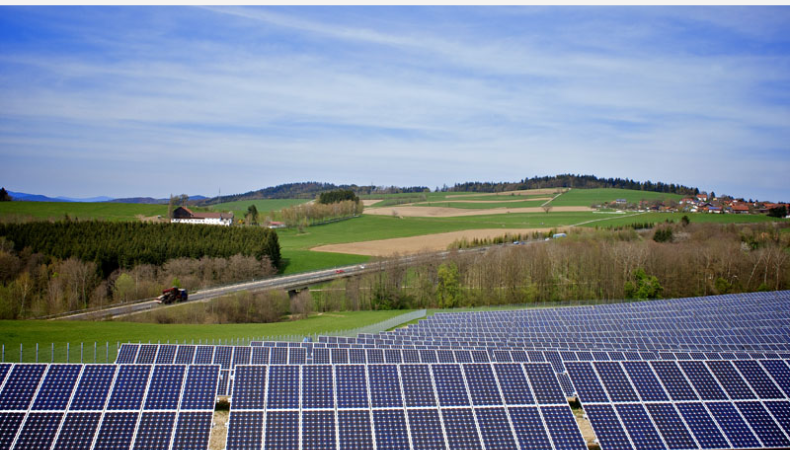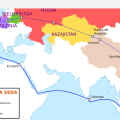China’s Solar Industry Eyes the Middle East – Why?

Leading worldwide, China’s solar sector is deliberately aiming for the Middle East. A convergence of elements drives this eastward migration, therefore offering a bright future for both areas. Let us explore the causes for China’s Middle Eastern solar aspirations.
A Market Perfect for the Picking: Lots of Sunlight and Demand Rising
Unquestionably, the Middle East has a sun advantage. High solar radiation in this sun-drenched area makes it perfect for the creation of solar electricity.
Moreover, fast economic expansion and population increase are driving up Middle Eastern energy demand. Many nations are aggressively looking for methods to vary their energy mix and lower reliance on fossil fuels. This presents a huge chance for solutions using solar energy.
China’s advantage: a proven technology powerhouse
With a well-established supply chain and reasonable prices, China leads the globe in solar panel manufacture. Chinese businesses have a history of effectively developing huge solar plants. Their knowledge helps them to satisfy the Middle Eastern rising demand.
Beyond Panels: A Strategic Cooperation Aiming for Long-Term Results
China’s interest transcends just marketing solar cells. The nation wants to build long-term alliances maybe including:
- Joint ventures and technology transfer could entail working on research and development to advance solar technologies.
- Establishing local manufacturing facilities would help Middle Eastern employment creation and maybe cut regional solar project prices.
- China might provide financial collaborations to assist in the Middle Eastern solar project development.
Both of these alliances would help the areas. China opens a rich new market, while the Middle East gets modern technologies, infrastructure development, and maybe employment creation.
A Bright Future: Prospects and Challenges Right Ahead
There are difficulties to negotiate even if the future seems bright. To guarantee seamless cooperation, intellectual property issues and any trade restrictions have to be resolved.
If these obstacles can be surmounted, though, the China-Middle East solar cooperation might transform the energy scene in both areas. Their use of solar energy will open the path for a more safe and environmentally friendly energy source.
Keep On Reading
Solar Energy: Opening the Road for a Tomorrow More Green
A ray of hope is China-Middle East cooperation on solar energy as the world keeps looking for renewable energy sources. This alliance is a prime example of how global cooperation may produce notable developments in sustainable energy.
This cooperation would help China and the Middle East both. For China, it offers an opportunity to increase market penetration and confirm its leadership in solar technologies worldwide. For the Middle East, it presents a chance to move to a greener economy, lower carbon emissions, and generate employment in the expanding renewable energy sector.
The Road Ahead: Expecting Next Advancements
Determining the success of this cooperation will depend much on the next years. Important elements to monitor include the growth of joint ventures, local manufacturing capacity building, and finance agreement application. Furthermore crucial for creating a cooperative climate will be addressing trade restrictions and intellectual property rights.
In essence, the Middle East’s energy market and China’s solar sector are about to start a transforming trip. Working together will help them to overcome obstacles and grab possibilities, therefore contributing to a more sustainable and energy-secure planet. As these two areas use solar energy to propel development and creativity in the worldwide scene of renewable energy, the future seems bright.








